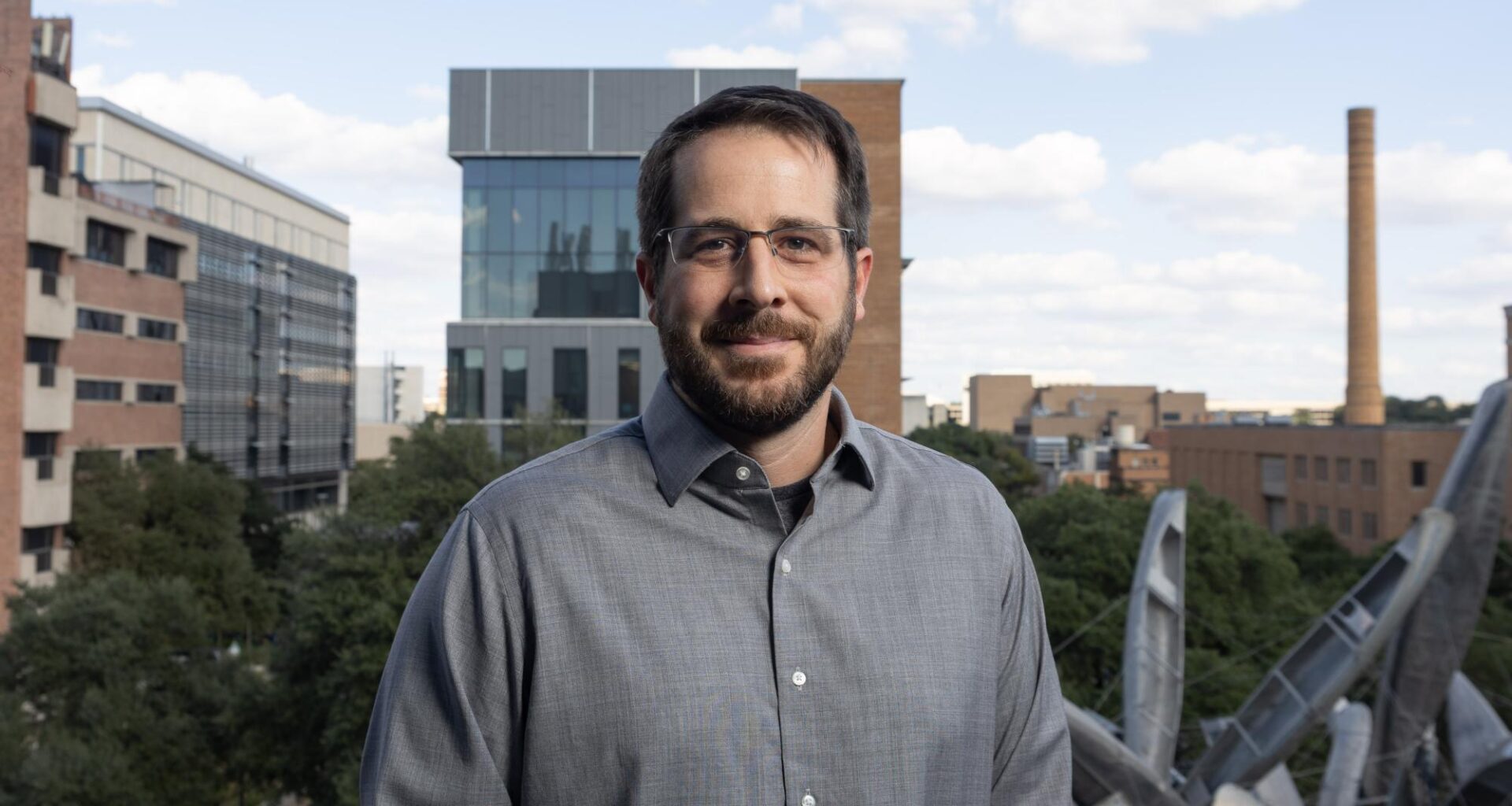A UT professor was awarded a MacArthur Fellowship, also known as the “genius grant,” for his research regarding virus proteins and intervention treatments to prevent infections, according to an Oct. 8 University news release.
The MacArthur Fellowship is a closed nomination system that chooses a class of 20 to 30 fellows each year from a broad range of fields who impact society in “significant and beneficial ways” through their work, according to the MacArthur Foundation website. Jason McLellan, a molecular biosciences professor and Robert A. Welch chair in chemistry, was the only person in Texas selected to be a fellow this year. The fellowship includes recognition and an award of $800,000, which is paid in equal quarterly installments over five years, according to the foundation’s website.
McLellan became one of the 10 current and emeritus UT faculty members awarded a MacArthur Foundation fellowship, according to the University news release. When the announcement was made, McLellan said he got congratulations from people he’d met from the beginning of his career to now.
“We don’t do it for the awards, but it’s nice when it is recognized, particularly during a year where vaccines have been somewhat maligned in the media, in government,” McLellan said. “To have a recognition for structure-based vaccine design and its contributions, it’s nice to see the work positively highlighted and acknowledged.”
McLellan’s lab works with small molecules and is dedicated to making vaccines successful, he said. His research informed the creation of COVID-19 vaccines, and now, McLellan said his lab is looking at different viruses to better prepare in case of a new outbreak.
The money awarded wouldn’t help the lab create a new ambitious project because it has ongoing research endeavors, McLellan said. Instead, it would serve as a way for him and his lab to have money to rely on as the environment around vaccines changes.
“It’s more of a safety net, and it just makes me sleep better at night,” McLellan said. “I don’t have to worry about maybe having to fire somebody if something happens to a particular grant.”
Nicole Johnson, a senior staff scientist at the McLellan’s lab, said she found out about the award with the rest of the lab. When the news was announced, the lab’s group chat was filled with praise.
“It’s great to see that infectious disease research, like pandemic preparedness type research (and) vaccine type research, is still something that people are willing and enthusiastic to recognize,” Johnson said.
Elizabeth McFadden, a six-year graduate student in McLellan’s lab, said she feels happy that McLellan was selected, given his work so far in the field.
“The impact of him on vaccine design and some of our current vaccines is huge, so it’s definitely well deserved,” McFadden said. “I can’t think of a more deserving person to receive praise.”

